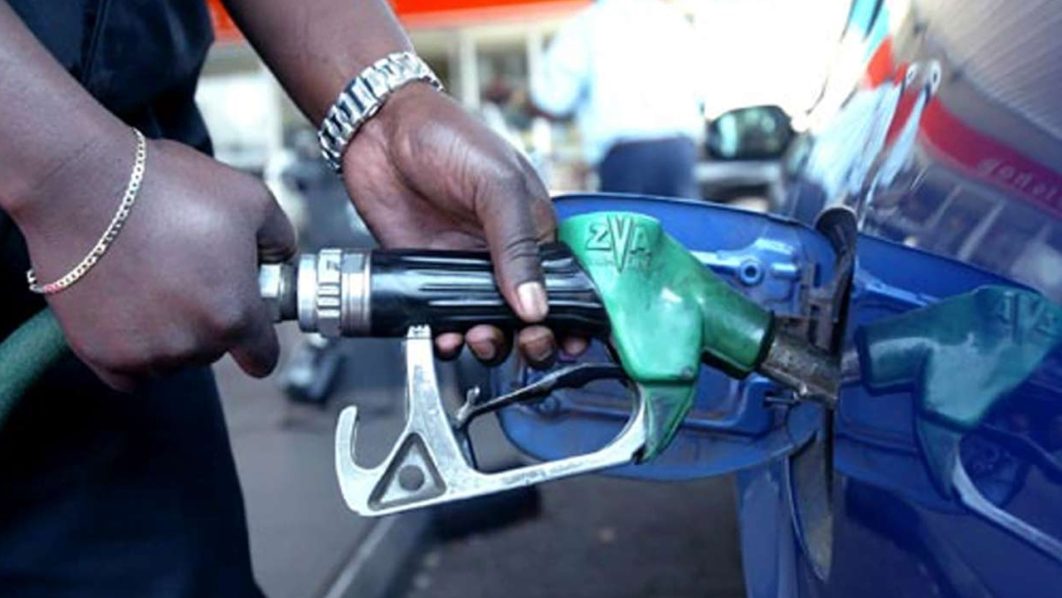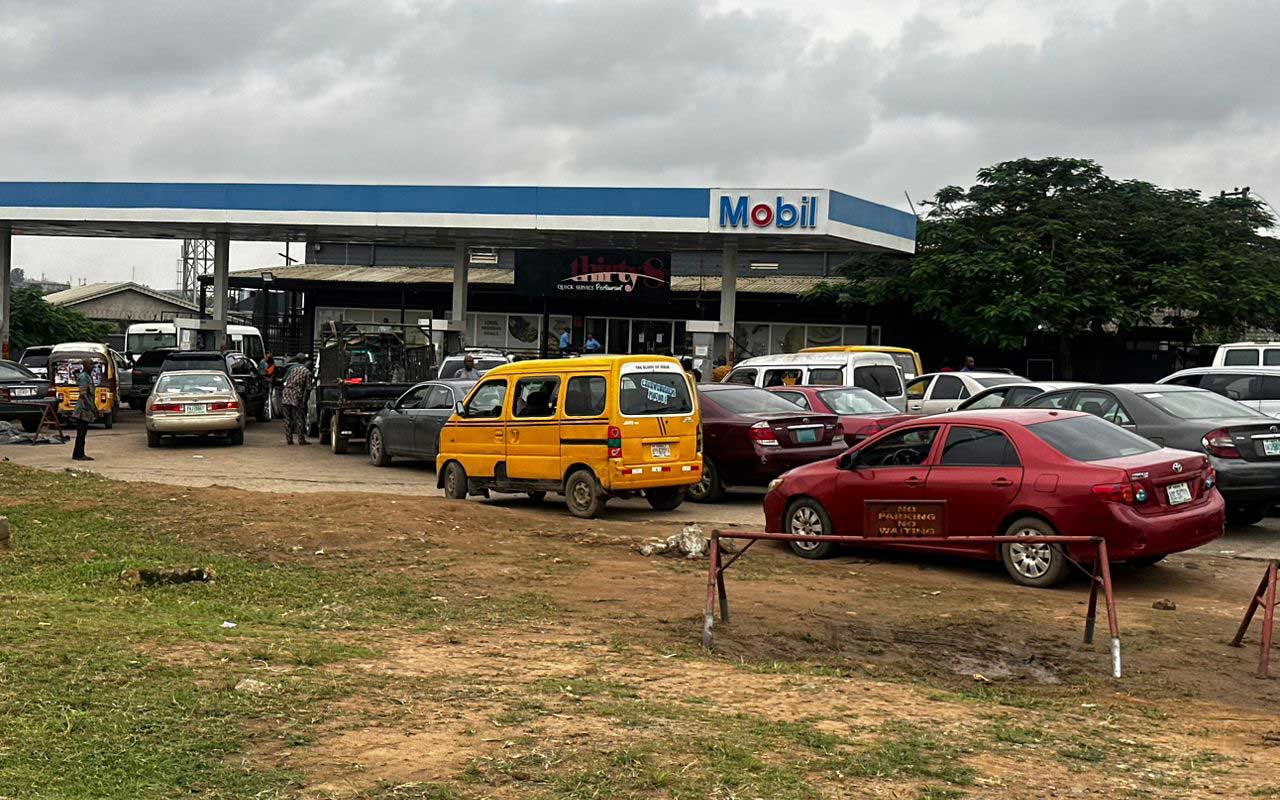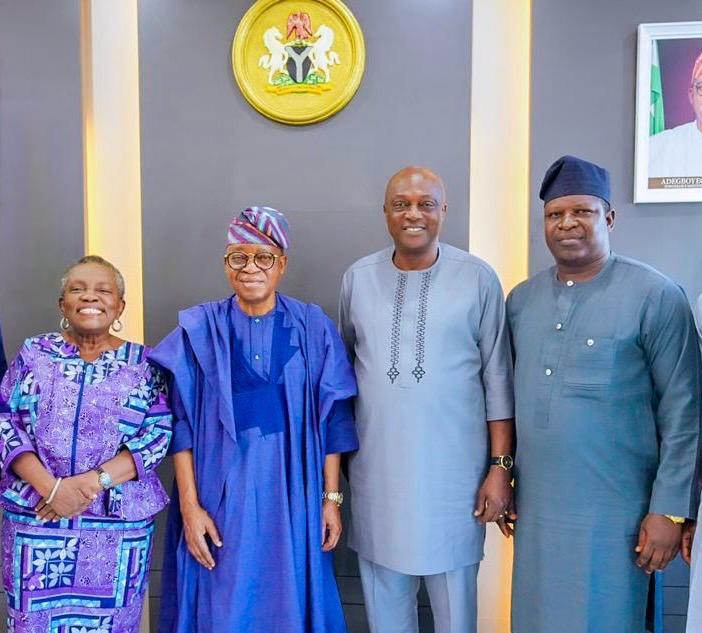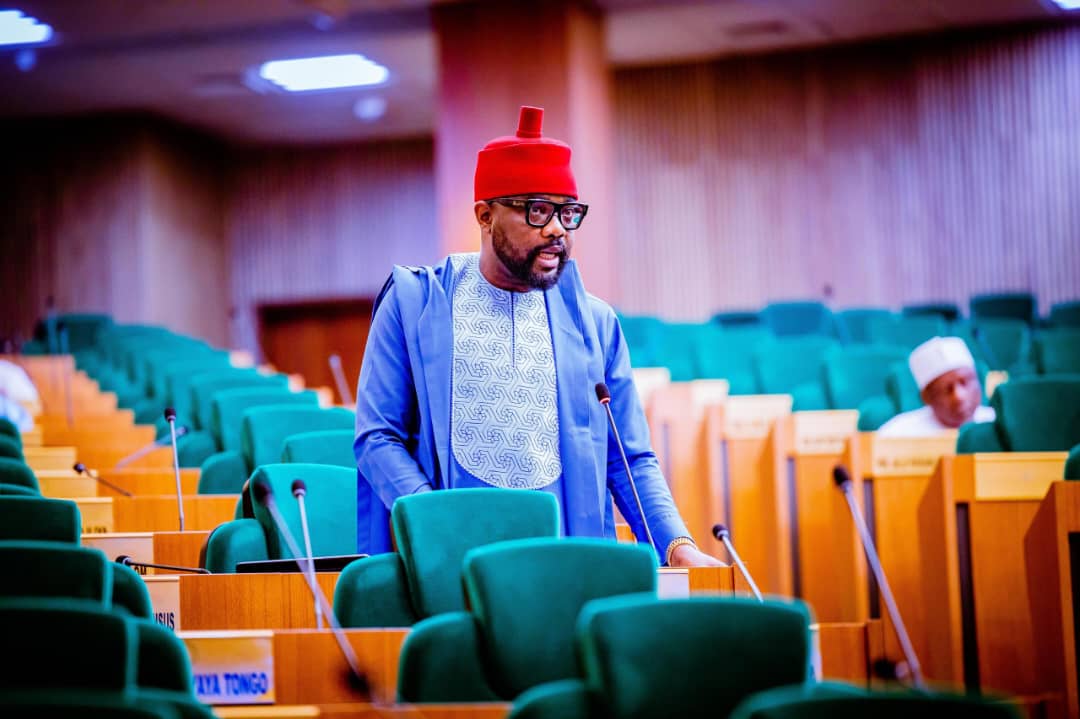
• Fresh concerns over inflation, cost of production
• NLC, NECA kick against hike, say decision will worsen cost of living
• Nigeria’s economy not ready for full deregulation, says Muda Yusuf
• Nigeria loses $83b yearly over failure to meet OPEC quota
The full deregulation of the downstream petroleum sector has seen the Nigerian National Petroleum Company Limited (NNPCL) increase the pump price of the commodity to N998 per litre in Lagos and N1,030 per litre in Abuja, raising the fear that the cost of living will worsen in the coming days.
Nigerians, who barely survived due to the various harsh policies, may be in for more crises and agonies, which may further impoverish them. Indeed, Nigerians are facing tough times as prices of goods and services that rely on transportation have risen, making it difficult for people to meet their daily needs.
Painfully, the new increase is coming barely a month after NNPCL raised the product price from N568-N617 per litre to N855-N897, depending on the location. Checks showed that the NNPCL price in the South-East is N1,045, South-West (N1,025), South-South (N1,075), and N1,070 in the North-East.
Expectedly, most of the NNPCL retail outlets in Lagos and Abuja have adjusted the price of PMS to between N998 and N1,030 per litre, while some major marketers are not selling at the time of filing this report.
This new development will result in more Nigerians experiencing further hardship in the coming days, as prices of goods and services will go up astronomically. Higher fuel prices often lead to increased transportation costs, which can cause a ripple effect across various sectors.
Nigeria has struggled with consistently rising inflation since the inception of this administration. It only slowed in July and August to 32.15 per cent just before the NNPCL hiked the fuel price in September and the latest yesterday.
According to some stakeholders, the high price reflected the reality of market-driven pricing following the federal government’s full deregulation of the sector.
They emphasised that the price adjustment aligned with global crude oil prices and exchange rate fluctuations. They reiterated that market realities would dictate future price movements, ensuring no government-controlled caps on pricing.
Industry insights showed that the hike in pump prices is likely to lead to increased inflationary trends across sectors. Petroleum products play a critical role in running the economy, and an increase in their prices will lead to a general increase in the cost of production.
The National President of the Independent Petroleum Marketers Association of Nigeria (IPMAN), Bubakar Shettims Maigandi, said they are waiting for NNPCL to announce the price at which they can obtain products from it. He emphasised that the price increase is attributed to currency volatility, pointing out that if the naira appreciates, prices will likely decrease. He added that the pressure on the naira had lessened compared to when the country was reliant on imports, which led to anticipated price reductions.
Energy Partner at Bloomfield Law Practice, Dr Ayodele Oni, expressed concerns that the rise in pump prices will likely trigger increased inflation across various sectors, given the essential role petroleum products play in the economy’s functioning. He stressed that the price hike would cause a general rise in production costs, which would, in turn, impact the economy.
“All factors that impact pump prices will mean that once these factors come into play, prices will change. If crude prices increase or decrease, we will see a change. If there is any substantial forex change, prices too may change,” he said.
Oni said the government should consistently intervene to prevent situations from spiralling out of control, noting that this is a common practice for governments worldwide. He believed the Nigerian government would also take similar action when circumstances appear to be deteriorating.
Saying the development was ill-timed, the Director and Chief Executive Officer of Centre for the Promotion of Private Enterprise (CPPE), Dr Muda Yusuf, said FG failed to consider the current challenging economic conditions. He noted that social, economic, and political factors are crucial in policy decisions.
He added that commercial considerations should not entirely overshadow these factors, as political economy must always be considered to protect the interests of vulnerable segments of society.
Yusuf said Nigeria’s economy is not ready for full-scale deregulation and the application of market principles across the board, as the social costs associated with such policy decisions are usually quite high. He pointed out that this is an economy characterised by very weak social safety nets.
According to him, there is concern regarding policy sequencing, as the current administration has introduced an Economic Stabilisation Bill to the National Assembly to provide relief to citizens and businesses. He remarked that it would have been more prudent to implement and establish the proposed mitigating measures before announcing the increase in petrol prices.
“What the economy needs at this time are measures to ease the current economic and social challenges, not policies that would aggravate them. It is desirable to urgently cut import duties and taxes by a minimum of 25 per cent on all industrial raw materials, passenger buses of 18-seater and above and cars of 2000cc engine capacity and below.
“The customs duty exchange rate should be fixed at a maximum of N1,000/dollar to reduce the current prohibitive cost of imports. Relevant legislation should be amended to that effect. This is without prejudice to the fiscal policy measures in the Economic Stabilisation Plan.
“The government must be ready to trade off some revenue in the current situation. There is a need to seek to achieve the maximisation of the welfare function for citizens and the productivity function for businesses. The government should not be too fixated on revenue maximisation,” he said.
Energy expert Prof. Dayo Ayoade stated that since the market is deregulated, pricing would adjust to reflect new costs as market conditions in the oil industry fluctuate frequently due to geopolitical developments and crises in the Middle East. He stressed that everyone expects the government to intervene, as it is the government’s responsibility to ensure its citizens’ safety and economic well-being.
“The government will probably have no option but to intervene because of the poverty it will cause. It will dislocate the economy completely. We are not benefiting so much from higher oil prices because crude oil prices… We have all sold our crude oil, therefore we are not benefiting from what the market is saying today. So, these are the variables that will cause us not to enjoy any higher oil prices,” he said
However, the immediate impact of the price surge has sparked concern among Nigerians, with many expressing frustrations over the rising cost of living. Transportation fares and the price of goods would see more uptick, causing a ripple effect across various sectors of the economy.
Nigerians have urged the government to act. They argue that the already high cost of transportation will increase further, affecting individuals and businesses and putting more strain on households already struggling with inflation.
Many Nigerians are frustrated with the escalating situation and urged the government to introduce measures to ease the growing financial burden. The CEO of Integrated Oil and Gas, Emmanuel Iheanacho, lamented that Nigeria loses approximately $83 billion yearly by not meeting its OPEC quota. He stressed that transforming the country into a net exporter will bring numerous benefits, noting that increased investment is needed to boost crude production.
RESPONDING to the development, the Nigeria Labour Congress (NLC) faulted NNPCL for increasing the price of petrol. This came as the Director-General of the Nigerian Employers’ Consultative Association (NECA), Adewale-Smatt Oyerinde, said that notwithstanding the justification for the increase, it has the potential to further erode Nigerians’ purchasing power while putting more pressure on both organised and unorganised businesses.
While noting that petrol remained the predominant energy source for many sectors, including transportation and household uses, Oyerinde said the new increase would further distort the cash flow potential of many, leading to a likely rise in the general cost of living.
NLC President Joe Ajaero said the hike would further increase the hardships faced by the citizens, thereby increasing the cost of living in the country. Ajaero, however, emphasised that labour would enforce discussions regarding the fuel price hike as part of efforts to alleviate the hardships faced by Nigerians.
The Guardian learnt that fuel, which previously sold for N897 in Abuja, the nation’s capital, currently sells for N1,030. In Lagos, the product, which previously sold for N885 per litre, is now being sold at N998 amid long queues.
Some Nigerians took to social media platforms to share their thoughts, saying it would worsen poverty among the citizens. On X, @Sirpascal said: “Instead of Nigerians benefiting from Dangote Refinery, they are paying more for fuel, even though crude is sold to them in naira. Nigeria is not a place for the living.”
@El_khaleel said: “Tinubu, just take the price that you want it to be. We are tired of your policies. Yesterday’s price is not today’s price
Reacting to the latest fuel price increase, Eze Onyekpere, a fiscal governance expert, said the increase would likely continue the economy’s slide from stagflation to a real recession.
He said it is strange for a government to say that it is fighting inflation through monetary policy rate/benchmark increases while increasing energy costs in PMS and electricity tariffs and still expecting reduced inflation figures.
“This is a contradiction in terms, it is absurd and shows the lack of harmony in economic policy planning and implementation,” he said. According to him, to state that the increase arose from the increased price of crude oil in the international oil market is a specious argument, considering that when the price of crude oil falls, Nigerians never enjoy a price decrease. “So, the deregulated market only applies to an increase in price and can never lead to a price reduction when the price of crude oil falls,” he said, adding, “It is imperative to reaffirm that for an economy to create value, grow consistently and in a sustainable manner, there should be harmony between fiscal, industrial, labour, monetary, trade, policies etc.”
Also reacting, Godwin Oyedokun, a professor of Accounting and Financial Development at Lead City University, Ibadan, said: “Honestly, the increase in fuel prices can have several significant impacts on the economy, particularly in a context where the government is trying to manage inflation.”
He said companies that depend heavily on fuel, such as logistics and manufacturing industries, may face higher operational costs. “This could lead them to pass on these costs to consumers or cut back on production, potentially leading to job losses,” he said.
He also said frequent fluctuations in fuel prices can create market uncertainty. Investors may become wary of committing to new projects if they anticipate further price hikes, which could stifle economic growth and development.






